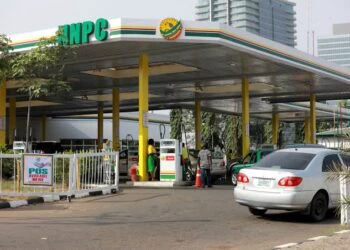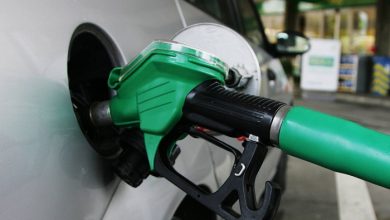NNPC Breaks Dangote Refinery’s Petrol Monopoly, Giving All Marketers Direct Access

According to report from Premium Times on Monday, October 7th, In a transformative move for Nigeria’s petroleum sector, the Nigerian National Petroleum Company Limited (NNPC) has announced the termination of its exclusive agreement with Dangote Refinery concerning petrol purchases. This decision allows independent marketers to directly procure petrol from the refinery, thereby enhancing market competition and promoting a more dynamic pricing environment.
This development signifies a departure from NNPC’s previous role as the sole off-taker for petrol from the Dangote Refinery, which boasts a processing capacity of 650,000 barrels per day. With this change, marketers can negotiate prices directly with the refinery, aligning with the practices established for deregulated petroleum products. Earlier statements from Dangote Industries indicated that NNPC would be the exclusive buyer; however, NNPC clarified that other marketers would have the freedom to purchase petrol from the refinery.
The House of Representatives has previously urged the federal government to ensure that independent marketers receive the opportunity to lift petrol directly from Dangote Refinery. This initiative aims to foster competition, which is crucial for preventing monopolistic practices and reducing prices for consumers. The move follows concerns raised by lawmakers regarding the potential negative impact of restricting petrol sales to a select group of marketers.
As the NNPC withdraws from its role as the exclusive purchaser, it is expected that petrol pricing will adjust accordingly, with marketers now responsible for sourcing their products at market rates. This shift could lead to fluctuations in petrol prices as marketers begin to set their own pricing structures in relation to Dangote’s selling price.This information was reported by Premium Times on Monday.
The implications of this transition are significant, as it marks a step towards a liberalized fuel market in Nigeria.
Exposed!! Popular Abuja doctor revealed how men can naturally and permanently cure poor erection, quick ejaculation, small and shameful manhood without side effects. Even if you are hypertensive or diabetic . Stop the use of hard drugs for sex!! It kills!




